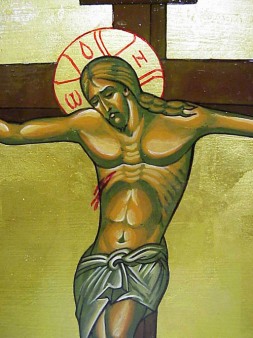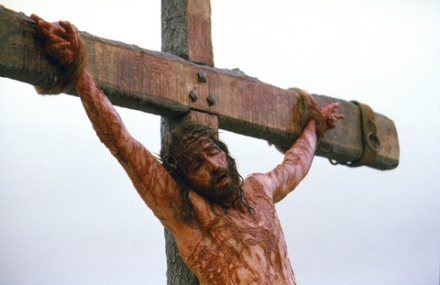 The reports out of Orange County, California have not been encouraging for the once mighty Crystal Cathedral. Robert Schuller founded the church and recently retired as the church’s senior pastor. In turn, the church never fully recovered from Schuller’s pastoral departure. Though he stayed on the church’s governing board, two of his children took a shot at pastoring the large church. Schuller’s son, Robert became the senior pastor and two years later resigned. Then, Sheila, daughter of the elder Schuller, became senior pastor. The church then filed for bankruptcy last year with $50 million in debt.
The reports out of Orange County, California have not been encouraging for the once mighty Crystal Cathedral. Robert Schuller founded the church and recently retired as the church’s senior pastor. In turn, the church never fully recovered from Schuller’s pastoral departure. Though he stayed on the church’s governing board, two of his children took a shot at pastoring the large church. Schuller’s son, Robert became the senior pastor and two years later resigned. Then, Sheila, daughter of the elder Schuller, became senior pastor. The church then filed for bankruptcy last year with $50 million in debt.
If this was not enough, reports of the the founder, Robert Schuller’s departure from the church’s governing board surfaced last week. However, his position on the board was moved from voting member to “honorary Chairman of the Board Emeritus” in order to free him up for more speaking engagements. Ah huh.
Membership and attendance have fallen since the founding pastor’s departure. Now with the debt issue over the church’s head, a few organizations have considering buying the church. The Catholic Diocese of Orange said it was considering buying the bankrupt church and converting it to a Catholic cathedral. Chapman University bid $46 million and would allow the church to lease back its core buildings.
With all of these issues surrounding the Crystal Cathedral, the question rolls around in many minds: Can “newly” planted mega churches survive when the founding pastor leaves?

 I’ve made the case many times on this blog that several Baptist/evangelical/congregational
I’ve made the case many times on this blog that several Baptist/evangelical/congregational  Prayer for Good Friday
Prayer for Good Friday An Ash Wednesday prayer:
An Ash Wednesday prayer: Melissa was enjoying dinner with her husband and their three children at a restaurant recently—until the waiter disappeared for 20 minutes. Her husband, Tim, began muttering. Melissa braced herself. “Uh-oh, here it comes,” she remembers thinking.
Melissa was enjoying dinner with her husband and their three children at a restaurant recently—until the waiter disappeared for 20 minutes. Her husband, Tim, began muttering. Melissa braced herself. “Uh-oh, here it comes,” she remembers thinking.

 confessions of faith as creeds. This is the paradoxical nature of Baptists and their confessions of faith because their statements were directed at excluding other completing theologies. That is exactly what the creeds do, among with affirm what people believe. We receive the word “creed” from the Greek word credo meaning “to believe.” Clearly, the Baptists were using creedal statements and formulas, but many Baptists did not want to call these doctrinal statements creeds in reaction to the creeds of the Catholic Church and the Anglican Church.
confessions of faith as creeds. This is the paradoxical nature of Baptists and their confessions of faith because their statements were directed at excluding other completing theologies. That is exactly what the creeds do, among with affirm what people believe. We receive the word “creed” from the Greek word credo meaning “to believe.” Clearly, the Baptists were using creedal statements and formulas, but many Baptists did not want to call these doctrinal statements creeds in reaction to the creeds of the Catholic Church and the Anglican Church. visit us and share about their ministry in Europe. They spoke about their work in eastern Europe and their challenges in “post Christian” Europe. Nora and Pieter are based in Prague, Czech Republic where they serve through International Ministries as liaison and volunteer coordinators with the European Baptist Federation (EBF). They match the skills and interests of short term mission volunteers from the United States and Puerto Rico with the needs of more than 50 Baptist unions that are part of the EBF.
visit us and share about their ministry in Europe. They spoke about their work in eastern Europe and their challenges in “post Christian” Europe. Nora and Pieter are based in Prague, Czech Republic where they serve through International Ministries as liaison and volunteer coordinators with the European Baptist Federation (EBF). They match the skills and interests of short term mission volunteers from the United States and Puerto Rico with the needs of more than 50 Baptist unions that are part of the EBF.


You must be logged in to post a comment.